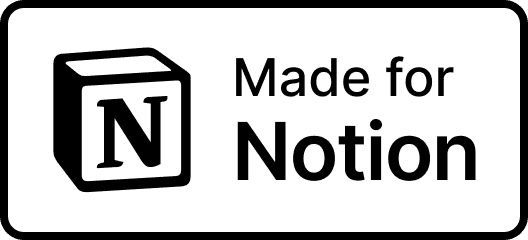Beyond Agile: Embracing Modern Product Management for Lasting Success


Beyond Agile: Embracing Modern Product Management for Lasting Success
The Agile revolution transformed product development by emphasizing iterative processes, customer collaboration, and adaptability. But as technology and user expectations evolve rapidly, product teams must adopt a more holistic approach that balances customer value, usability, and technical feasibility to stay competitive.
The Product Taxonomy: A Framework for Balanced Success
Renowned product leader Marty Cagan introduced the Product Taxonomy—a powerful framework that helps product teams achieve a balanced approach to development. It highlights three core principles:
Value: A product must deliver genuine value to both customers and the business. This means understanding customer needs, identifying market opportunities, and ensuring alignment with the company's strategic goals.
Usability: The product must be intuitive, easy to use, and offer a delightful user experience. Achieving this requires a deep understanding of user behavior, design thinking principles, and a commitment to user-centered design.
Feasibility: The product must be technically feasible to build and maintain within time, resource, and technology constraints. Close collaboration between product managers, designers, and engineers is essential to meet these requirements efficiently.
The Product Operating Model: Empowering Teams to Deliver Excellence
The Silicon Valley Product Group (SVPG) refined product development further with its Product Operating Model, focusing on a collaborative, outcome-driven approach to building products:
Tackling Big Risks Early: Addressing key risks—value, usability, feasibility, and business viability—early in development is critical. The Double Diamond framework, with its discovery and definition phases, supports identifying and mitigating these risks.
Collaborative Problem-Solving: Product managers, designers, and engineers work together to discover, validate, and iterate on solutions. The "Cone of Uncertainty" concept reminds us that initial uncertainty decreases with progress, underscoring the importance of continuous learning and iteration.
Focusing on Outcomes Over Features: Instead of focusing solely on features and roadmaps, this model emphasizes delivering measurable outcomes that provide real value to both customers and the business. Tools like Impact Mapping help teams connect features to desired outcomes, keeping the focus on creating meaningful impact.
Leading Product Organizations: Embracing Modern Practices
Several top product organizations embody these modern approaches, demonstrating their effectiveness in driving innovation and success.
Linear: Known for its speed and efficiency, Linear emphasizes building with users in mind, launching early, and iterating quickly based on feedback.
GitLab: With a development flow grounded in transparency, collaboration, and continuous delivery, GitLab uses feature flags and a data-driven approach to make informed decisions and deliver customer value rapidly.
Reforge: Reforge offers product leaders frameworks, strategies, and tactics for building and scaling successful products. Their focus on data-driven decision-making and experimentation aligns with the principles of modern product management, emphasizing growth and user-centric outcomes.
Conclusion
The modern landscape of product management requires a holistic approach that goes beyond Agile principles to embrace the tenets of value, usability, and feasibility. Adopting frameworks like the Product Taxonomy and the Product Operating Model enables product teams to navigate the complexities of development, mitigate risks, and deliver outstanding products that delight users and drive business success.
Learning from forward-thinking organizations like Linear, GitLab, and Reforge can also provide invaluable insights and inspiration for implementing these practices effectively.
Ready to elevate your product management approach? Discover how Notion can empower your team to implement modern product practices, streamline workflows, and achieve exceptional results in today’s competitive landscape.
